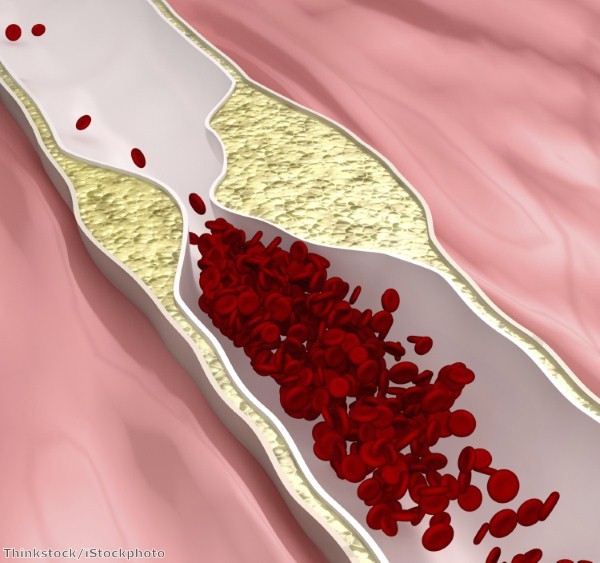Payroll inaccuracies can not only have a hugely negative impact on staff productivity, but they can also cause significant damage to a company's reputation.
A new report published by the Department for Business, Innovation and Skills showed firms that fail to pay their workers the correct amount can see their trade plummet.
Although the study was centred around organisations that pay National Minimum Wage – which is not something that will affect skilled professionals looking for high-end pharmaceutical jobs – it still gave an interesting insight into the importance of reliable payroll processes.
HR departments have a lot of challenges to overcome at the moment.
Skills shortages have made it even more important that companies keep hold of their most talented professionals, so HR specialists need to ensure levels of employee engagement are high.
Workers are sure to be upset if their remuneration packages are not what they are expecting and the government report suggested it can be difficult to keep them focused and motivated in such cases.
In fact, eight out of ten workers admitted they would not work as hard if they felt their employer had been undercutting them. Additionally, the study revealed that 90 per cent of people would begin to resent their firm if they had not been paid what they thought to be a fair amount.
Employment relations minister Jo Swinson insisted that employers cannot afford to bury their heads in the sand when it comes to payroll issues.
Commenting on the report, Ken Deary, managing director of national care home provider Right At Home UK, reiterated the point that HR departments cannot allow themselves to become complacent.
"If you run a business, there is a lot to get your head around. Payroll in particular can be confusing. Despite that, ensuring that your employees are being paid correctly should be at the top of your priority list," he remarked.
"Employers who pay correctly enjoy better local and industry reputation and more motivated, hardworking staff."




